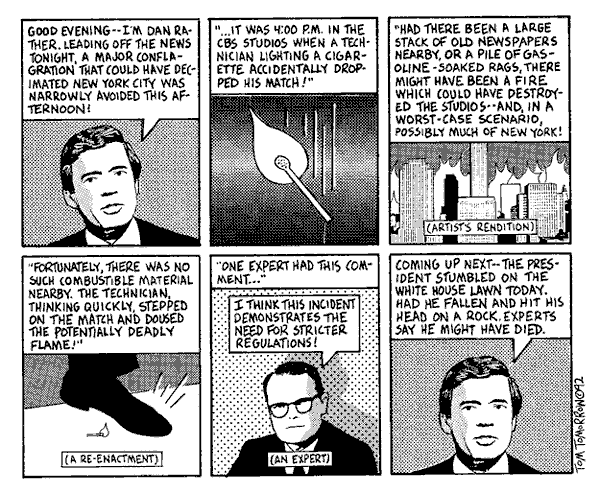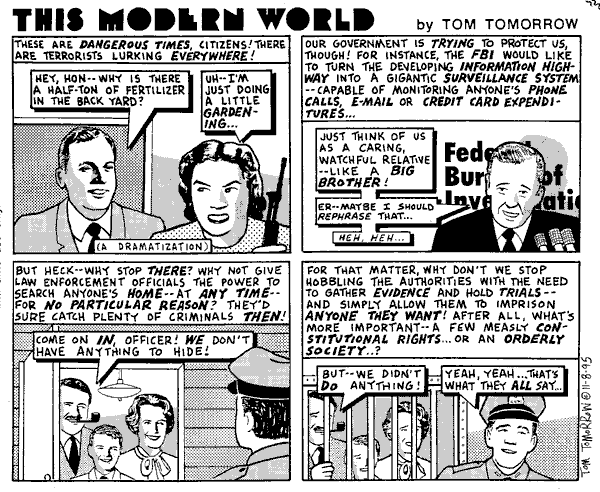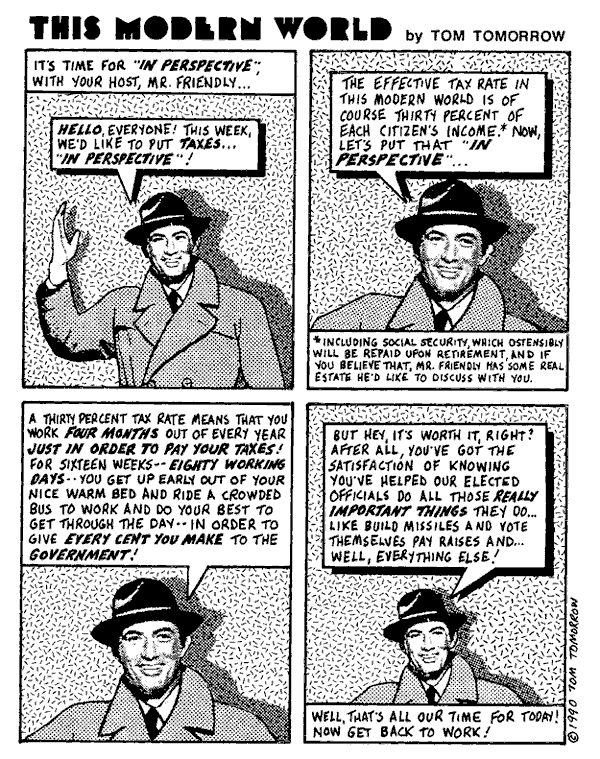This breaking news just in: George W. Bush is still a big fat fucking liar
More startling are Suskind's revelations about the Iraq war and the handling of prewar intelligence regarding weapons of mass destruction. In one instance, Suskind says that denials by the foreign minister of Iraq, Naji Sabri, that his country possessed W.M.D. were simply rewritten —
almost certainly altered under pressure from Washington,Suskind writes — into a false assertion that Sabri had substantiated suspicions about active Iraqi biological and nuclear programs.Even more disturbing is the story of a former Iraqi intelligence chief named Tahir Jalil Habbush. Suskind describes in gripping detail secret meetings between Habbush and British intelligence in January and February of 2003. Habbush insisted that Saddam Hussein had abandoned his weapons programs but would not publicly admit it, so as to maintain a facade of deterrence against regional rivals like Iran. Not only did the White House dismiss Habbush's statements, Suskind writes, but an irritated Bush even asked whether the Iraqi could be asked for
something we can use to help us make our case.A subsequent $5 million C.I.A. payment to Habbush, disclosed by Suskind, has the smell of hush money.Then comes what may be the ultimate bombshell: that the White House instructed the C.I.A. to forge a letter, backdated to July 2001, stating that the 9/11 hijacker Mohamed Atta had trained in Iraq and, furthermore, that Iraq had received suspicious shipments (presumably of yellowcake) from Niger with Al Qaeda's help. The letter was to be written and signed by Habbush on Iraqi government stationery and addressed to Hussein himself. This preposterously convenient summary of what a perfect case for war might look like almost resembled some wry gag from The Onion. But at the end of 2003 the letter did, in fact, turn up in a British newspaper, before seeping into the American media.
Suskind does not establish who dreamed up this pernicious document. But he says one of his sources, a former senior C.I.A. operative named Robert Richer, recalls being ordered directly by George Tenet, then the director of central intelligence, to have Habbush transcribe it himself from a draft produced by the White House. Richer even remembers
the creamy White House stationery on which the assignment was written,as Suskind puts it. Since the book's release, however, Tenet, Richer himself and another key source have adamantly denied that such a thing occurred. (Tenet also denies that Habbush's prewar claims were muffled.)Even in the context of the past seven years, the stupid brazenness of a forged letter drafted on White House stationery does test credulity. But any claims made by Suskind, a former Wall Street Journal reporter and a Pulitzer Prize winner, should not be casually dismissed. That no credible challenges have been made to numerous other scoops in his book suggests an attempted covering of exposed derrières. Still, his release of partial transcripts from recorded interviews with Richer has not definitively affirmed his reporting.
Suskind's point isn't about proving liability. Rather, the Habbush episodes, if accurate, illustrate a creeping amorality in the way America has managed its war on terror.
–from Michael Crowley’s New York Times review of Ron Suskind’s The Way of the World



